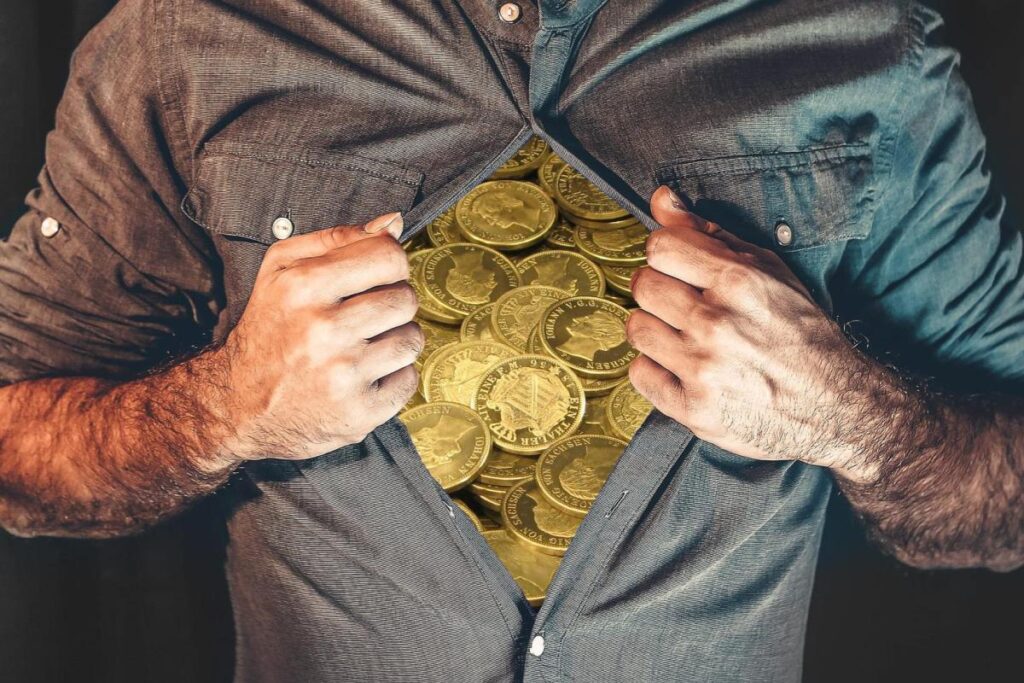Blocked from international financial and gold markets following its invasion of Ukraine, Russia could use its influence in West Africa to exploit illicit gold markets and gold laundering to generate profits and move finances across borders, said a new report by the Global Initiative Against Transnational Organized Crime (GI-TOC.)
Blocked from international financial and gold markets following its invasion of Ukraine, Russia could use its influence in West Africa to exploit illicit gold markets and gold laundering to generate profits and move finances across borders.
“Russia has been building its influence in Africa since 2014, including with the governments of West African gold producers Mali and the Central African Republic (CAR).” GI-toc said in a bulletin released last month.
To safeguard those interests, Moscow has allegedly deployed its notorious paramilitary, the Wagner group, to the region. Wagner was previously deployed to crush political threats to the regime of Sudan’s Omar al-Bashir and in return, Russia was compensated with exclusive gold rights in the country.
The group is believed to be operating under a similar arrangements in the CAR and Mali.
The presence of Russian gold-mining operations and private military companies in West Africa as well as “Russia’s warm relations with regional governments, raises concerns that the gold sector could be an avenue to raise funds and launder gold to evade sanctions imposed against Moscow and other actors,“ the bulletin said.
Though the mines and even Russia’s involvement with them is not in and of itself illegal, Russia’s interest in them is likely to intersect with criminal elements, from smugglers to launderers and of course sanctions evaders in order to reach the global market.
.
.
“Russia may be able to access gold markets in countries that have not adopted sanctions regimes,” the report, released Thursday said. “But even if Russia is able to officially sell gold in these markets, it will still face challenges in building and accessing foreign exchange reserves … This is where criminal networks have a role to play,” it speculated.
“They can evade these restrictions if they engage in gold and money laundering to disguise the origins of the gold and the beneficiaries of gold profits. Therefore, there is likely to be increased demand for the services and connections of transnational criminal networks that offer these services, buttressing transnational organized crime,” GI-TOC added.
Gold is a particularly attractive investment for Russia right now. Since the first rat of sanctions it received after annexing Crimea in 2014, the Russian state has been working hard to steer its economy against the impact of sanctions. One avenue to do so was to increase its gold reserves, as gold tends to appreciate in value in times of conflict. To that end, president Biden issued an executive order to sanction the trade of Russia’s gold reserves last month.
One market Russia is likely to aim to sell its African gold on is the UAE, the report said. Though the UAE has condemned Russia’s invasion of Ukraine, their gold market, which in the past decade has rocketed to being one of the worlds most significant, has a history of lax regulation and unscrupulous trading.
“A 2020 mutual evaluation by the Financial Action Task Force (FATF) found weaknesses in the regulation of the gold trade and significant trade-based money laundering risks, which are known to overlap with gold flows,” the report said.
Thus GI-TOC stressed that while sanctions against the Russian government and Putin’s cronies are significant, they will ultimately be ineffective if they don’t target organized criminal groups abroad as well.
“There are various ways Moscow and other sanctioned actors could use organized criminal networks and the gold sector to evade sanctions,” the report concluded. “There is therefore a pressing need to identify and address organized criminal networks that are linked to the gold sector and could be exploited by Moscow and other sanctioned entities to evade sanctions.”
.
April 11, 2022 Published by The Organized Crime and Corruption Reporting Project.







